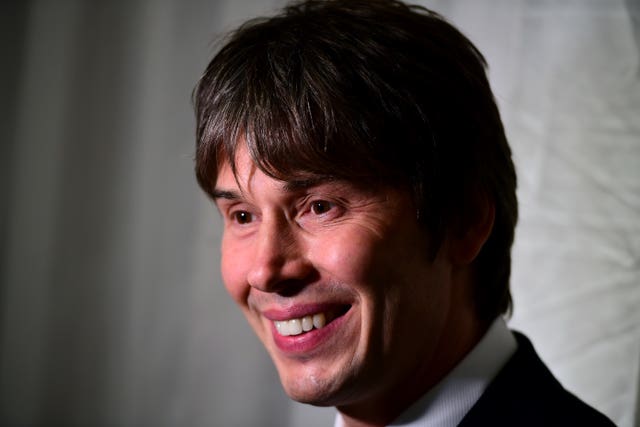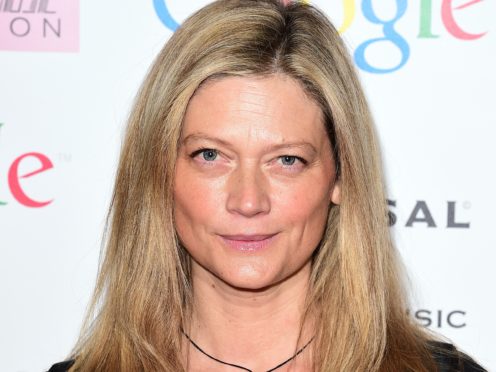Actress and author Sophie Ward has been named as one of the judges on this year’s Royal Society Science Book Prize panel.
The London-born performer, 55, has appeared in TV series such as Hustle and Lewis, and films such as 2011’s Jane Eyre and Crime And Punishment in 2002.
Her novel Love And Other Thought Experiments was published in February and was inspired by some of the best-known thought experiments in the field of philosophy.

The coveted £25,000 award celebrates the best in popular science writing from around the world, with £2,500 awarded to each of the shortlisted authors.
A shortlist of six titles, selected from more than 172 submissions published between July 1 2019 and September 30 2020, will be announced on September 22.
The panel will be chaired by biologist and poet Professor Anne Osbourn.
The other panellists will be Blackwell’s trade buying manager Katherine Fry, journalist Katy Guest and Royal Society university research fellow Kartic Subr.
Prof Osbourn said it was a “real honour and a privilege” to lead the panel.
She added: “Over the last few months, we have seen Covid-19 spread across the planet and we have all experienced cleaner air and more audible birdsong as cars and planes went temporarily quiet.
“We have the world’s best scientists at the forefront of tackling the virus, to whom we are very grateful.
“My hope is that this pandemic has awakened the general public’s curiosity to learn more about the very pertinent issues we face but also a desire to unlock the wonderful mysteries of our world through science.
“The books that will be shortlisted and the ultimate winner of the Royal Society Book Prize 2020 will be those that make science a meeting place for all – adventures, stories, journeys, explorations that inspire, excite and open up new ways of thinking.
“I am very much looking forward to wallowing in the books and working with the panel to find the winner.”

Professor Brian Cox, the Royal Society’s professor for public engagement in science, said: “This year, more than ever before, Covid-19 has reminded us of the important role that science plays in our lives and in finding solutions to big global challenges.
“It has also become increasingly clear that it’s never been more important that as many of us as possible are scientifically literate.
“In the context of this pandemic, it is vital that we are equipped to understand how to weigh the scientific information and advice being presented to us daily and to identify trusted sources of information in an uncertain world.
“Popular science writing certainly has an important role to play in developing our understanding of how science works.
“The books the Royal Society Insight Investment Science Book Prize champions every year embody the very best of science communication and engaging science storytelling. I look forward to discovering the books this year’s judges choose.”
The winner of the 2020 prize will be announced in a virtual awards ceremony in November.
